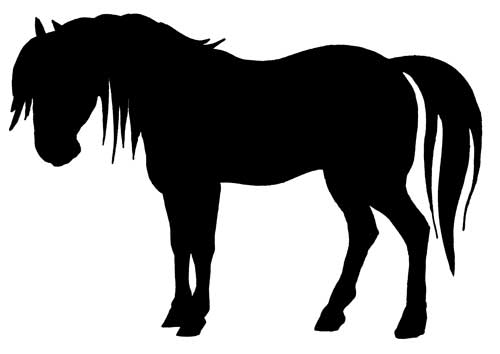Elsewhere on this blog I have pointed out how nearly-identical stories can arise in separate corners of the world. For example, I’ve offered the Judgement of Solomon paired with a Birbal story from Moghul India; I’ve shown the connection between Chicken Little and one of the Jataka tales of Buddha. Whenever I find stories that have a separated-at-birth twin story elsewhere in the world, I sit up and take notice: there is something powerful to be learned here, something that may be universal to human nature. I remind myself to listen well!
Here are two such stories, both with something to say about being too quick to judge – or maybe about judging in the first place.
Akiva ben Yosef was a 1st Century rabbi, referred to in the Talmud as the “head of all the sages.” His favorite saying was “Everything God does is for the best,” and his conviction that this was true was illustrated in an event from his travels. While on a journey, he reached a town at the end of the day, hoping to find a welcome in someone’s home. Yet he was turned away from one door after another, and eventually made his way to a meadow outside the town’s walls. “Everything God does is for the best,” he said, letting his donkey graze and his rooster scratch for bugs. Akiva ben Yosef lit his lamp, and made as comfortable a bed for himself as he could. In the night, a cool breeze blew out his lamp, leaving him stranded in darkness. “Everything God does is for the best,” he said. “Now I am able to enjoy the beauty of the stars.” Under cover of darkness, a wildcat sprang upon his rooster, carrying it off for supper. “Everything God does is for the best,” the rabbi said. “The cat must eat, too, and the sun can wake me up.” At the sound of the rooster’s final tussle, the donkey ran off in alarm. “Well, perhaps there are even bigger animals out here that may have attacked my donkey if he hadn’t run. Everything God does is for the best.”
In the morning, he returned to the town on foot, only to find that bandits had come in the night and attacked the inhabitants, killing many and causing much destruction. Rabbi Akiva ben Yosef gave thanks to God for making him sleep in the meadow, or else he too might have been killed. “Everything God does is for the best. If my lantern had not blown out, the bandits might have found me. My donkey and my rooster might both have alerted those robbers to my camping spot. God has preserved my life.”
Compare this story to a well-known Zen koan, sometimes referred to as, “Maybe it is, maybe it isn’t.”
A farmer had worked his fields with the aid of his horse for many years. One day, quite unexpectedly, his horse ran off.
“Oh, what bad luck!” his neighbors consoled him.
“Maybe it is, maybe it isn’t,” the farmer replied.
A week later, his horse returned, followed by seven wild horses.
“Oh, my! What good luck,” his neighbors rejoiced.
The farmer closed the paddock gate behind the horses. “Maybe it is, maybe it isn’t.”
A week after that, the farmer’s son was trying to tame one of the wild horses, and he was thrown off and broke his leg.
“Oh, what terrible luck!” the neighbors said, shaking their heads.
“Maybe it is, maybe it isn’t,” the farmer answered.
One week after that, the army passed through town, rounding up all the young men to fight. Because the farmer’s son had a broken leg, the army went off to the war without him.
“Such good luck!” the neighbors said.
“Maybe it is. Maybe it isn’t.”
You get the idea!
Is it possible that nothing is bad? How does courage help us avoid judgment?


